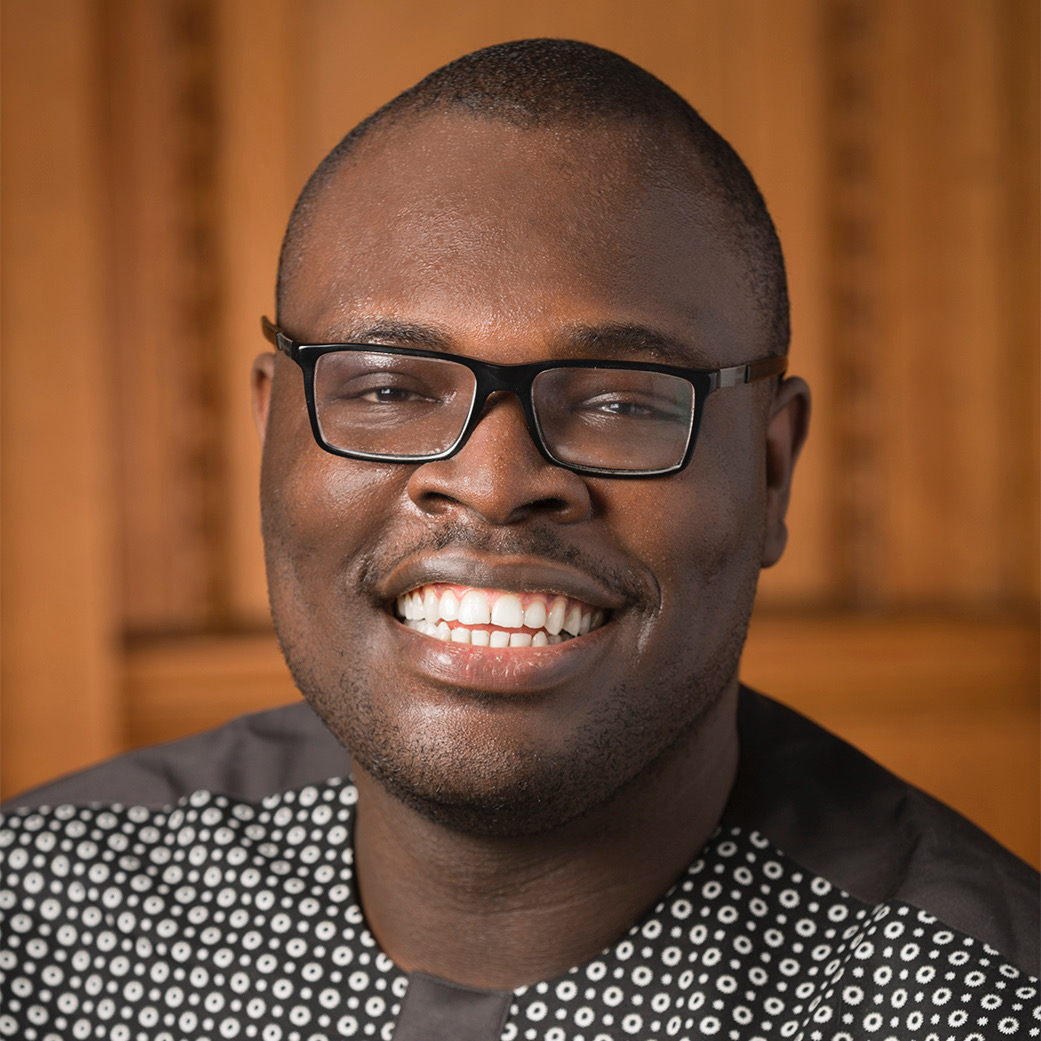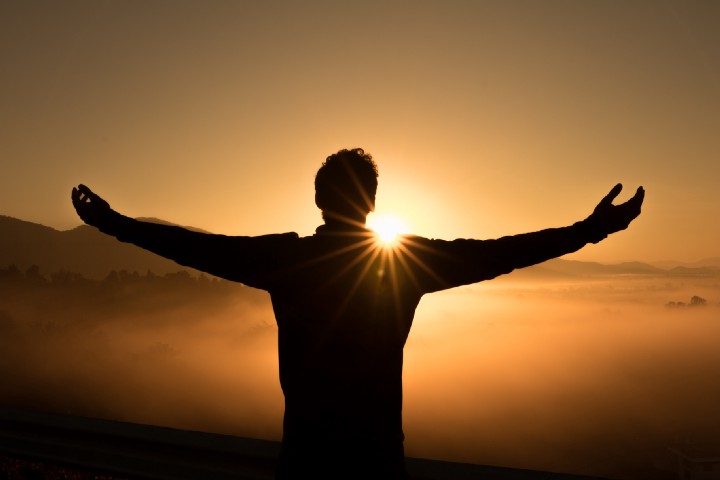The other day I saw a billboard on a road in Lagos, Nigeria where I live, and I smiled. It was a notice by a new generation Pentecostal church in: “Spiritual but not religious?” it asked, and then suggested that this church would be the natural home for you.
This might look like a small deal, but I was born and bred in Nigeria, and I have been a member of the conservative, Pentecostal tradition (it’s progressive in marketing, but extremely conservative in every theology except for financial prosperity) for the last 30 plus years, and I can tell you that this is a seismic shift.
To concede that religion is a stifling, restrictive force in many ways, and in the way that it has often been practiced and enforced by its institutions and their establishments is a massive leap, and it’s a leap forward.
And even more: to choose the exact phrasing of language that you hear these days across the West, as young people routinely choose ‘none’ as their religious affiliation underscores what a significant shift.
As I spent a few months in America last year as part of an academic fellowship, I couldn’t miss this wherever I went. “Spiritual but not religious” was the new black amongst young people who were making it clear that they reject the bigotry and oppression that religion has often been responsible for, while still embracing the transcendence and sense of meaning that a spiritual life may bestow.
So these young people are choosing yoga studios over church buildings, meditation podcasts over dedicated church attendance and social justice over theology.
I am not part of this tribe. Proudly announcing that I am both spiritual and religious, I often have to explain that I reject much of the theological consensus of my tradition – prizing personal revelation over institutional declarations – but I am very much centered by its symbols and rituals. My journey out of depression was precipitated by more time spent in urgent, heartfelt prayer and the bible continues to be the most important book in my life.
Still, I am deeply grateful for this new tribe. Because it speaks to an urgent reality that is now spreading rapidly across the world.
There is an assumption that because religion has existed over the past few millennia, as far as we know, it will always exist. But that’s a mistake because it confuses faith with the idea of institutional religion that, set against the 200,000 plus years of human history, is in fact very recent. It also profoundly ignores what the data says about religion and its influence slowly disappearing in the West and the East, its last embers now flaming in the so-called Global South, and that rising levels of education often directly correlates with a sharp decline in religious affiliation and influence.
Instead, many – especially young people – are taking responsibility for their own spiritual health. Moving far from the nihilism that naturally came post-Enlightenment, we have now come to a space where we acknowledge that wealth and fame cannot be all that there is to life. The global depression and anxiety epidemic, coupled with scandalous income inequality have woken us up to the fact that the material isn’t enough – our lives have meaning beyond what we can see and touch.
And thus, by going back to our spiritual roots, we are building a more wholesome, sincere and healthy interaction with the divine.
That church in Lagos probably doesn’t realize that it is part of this movement. But in acknowledging the fact that young people are choosing something different, and in signaling that it is willing to explore alternative approaches to worship, it is joining a global movement.
Call it the New Reformation. The first broke the shackles of papal rule, and liberalized faith across institutions. As we commemorate the 501stanniversary of that seismic event this month, this new one is taking faith from all the splintered institutions and returning it to the hands and hearts of individuals searching for God – which is where faith is supposed to have been in the very first place.
*Jideonwo is a journalist using the research and evidence on human flourishing to build new narratives about markets, faith, identity, and society. He writes a daily newsletter via RetailChristianity.com


